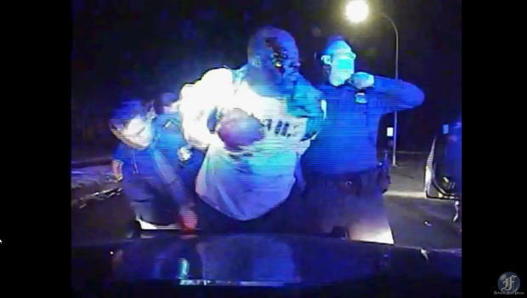William Melendez was a police officer for the City of Detroit from 1993 to 2009. He received more civilian complaints than any other officer in the department. He was nicknamed “Robocop” like the movie character, purportedly because of his merciless violence against criminals. Melendez was accused of planting evidence, wrongfully killing civilians, falsifying police reports, and conducting illegal arrests.
Melendez has been a named defendant in at least 12 federal lawsuits. Some suits were settled out of court. Others were dismissed. Three years into the Detroit police force, Melendez and his partner fatally shot Lou Adkins. Witnesses testified that Adkins was shot 11 times while on the ground. The case settled for $1.05 million.
Melendez was also indicted by a federal grand jury for civil rights violations. Among other things, Melendez was accused of stealing guns, money, and drugs from suspects, and planting weapons. During his trial, many of the government’s witnesses had criminal records. The jury did not believe their testimony and Melendez was acquitted.
Melendez left Detroit and was hired by the Inkster police department. His conduct soon took a financial toll on that city. Since about 2008, Inkster has been financially struggling. It reduced its police force from about 75 officers to about 23. The majority of the officers in that predominately Black town are White. In 2011, Melendez was accused of choking Inkster resident Deshawn Acklin. According to the federal lawsuit filed by Deshawn, Melendez beat and choked Deshawn until he lost consciousness. The court filing alleged that Ackline “succumbed to the pain and lack of oxygen and passed out defecating on himself.” Acklin was treated at a hospital for a closed head injury, a foot sprain, and bleeding from his eyes. He spent 3 days in custody but was never charged with a crime. For Melendez humiliating and dehumanizing a man, homeowners in Inkster saw their property tax increased an additional $15 to $20 to pay for the $100,000 settlement.
Continue reading
Sourced through Scoop.it from: blackbutterfly7.wordpress.com


